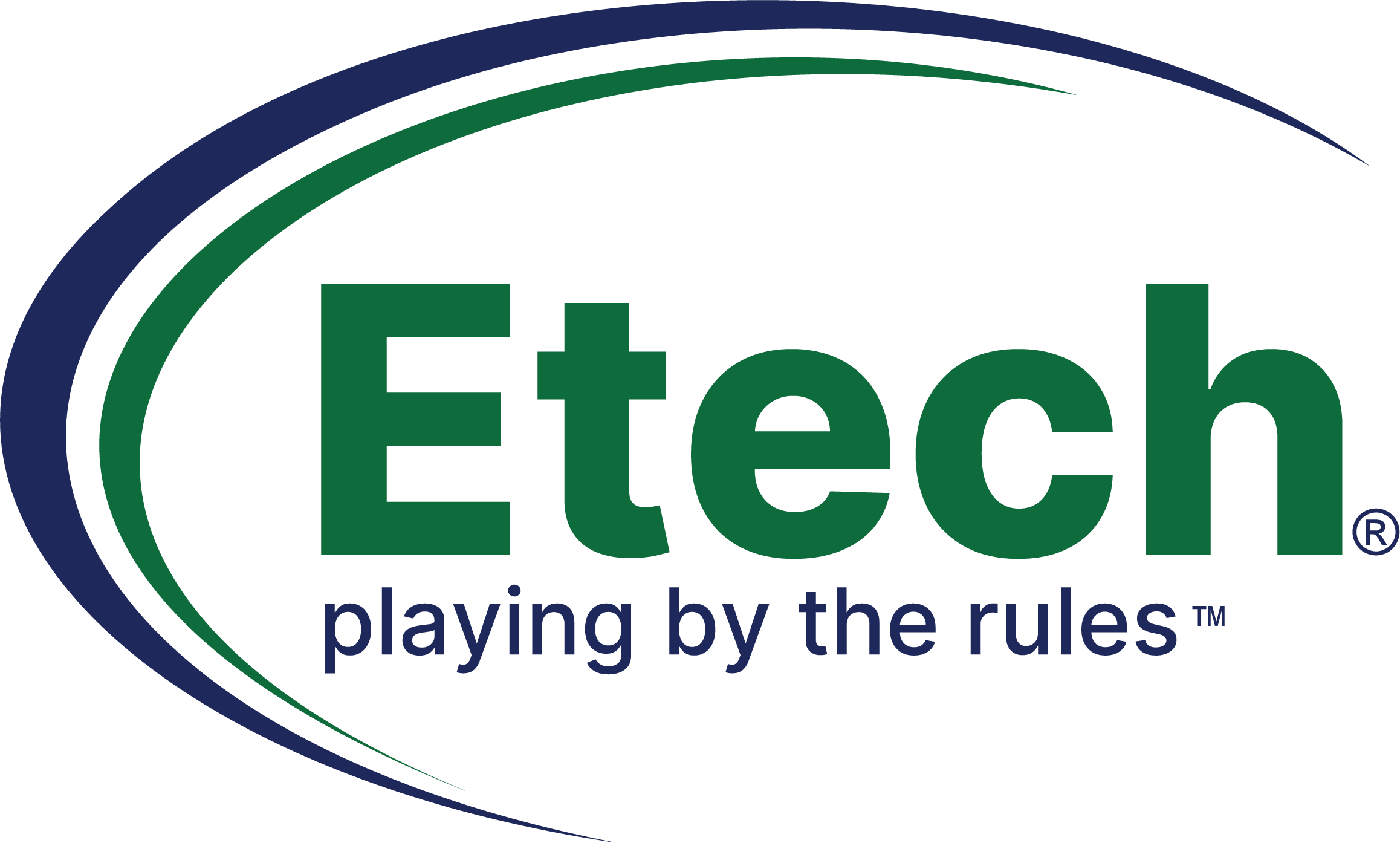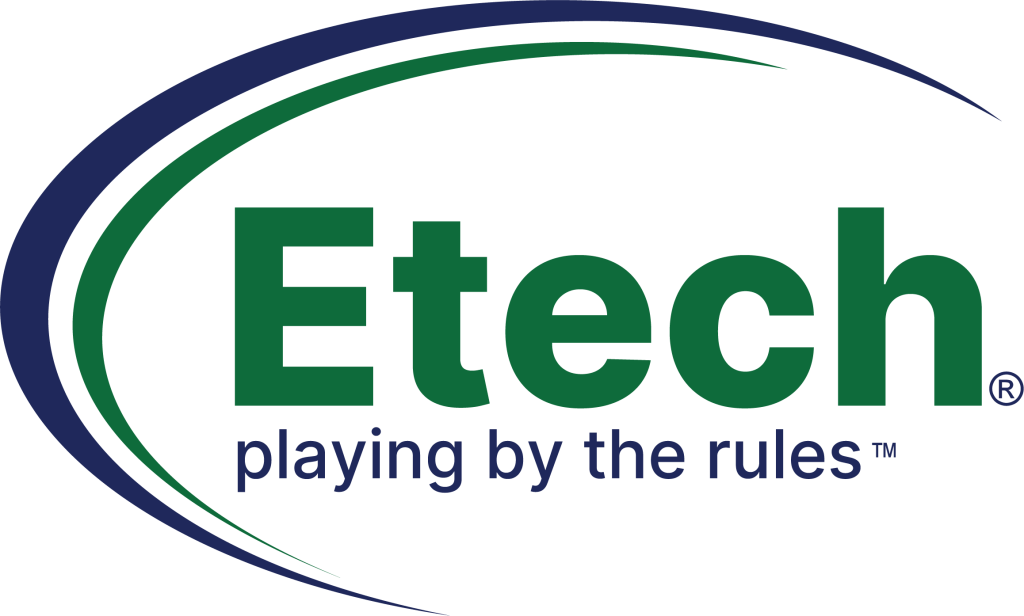The Continuing Impact of Human Resources during this Global Pandemic

<![CDATA
The Coronavirus Pandemic has altered the lives of many people and continues to create a tremendous amount of disruption for many businesses. The pandemic has brought Human Resources to the forefront as a fundamental partner in most companies’ responses and initiatives to address the dynamic workplace changes. The Human Resources Department should be instrumental in developing a forward-thinking strategy that helps an organization rethink and reimagine in order to effectively lead its team members, deliver impressive services, and strengthen the organization’s culture.
Think Systematically
To survive in this new normal, companies need to adapt to the future of work. The HR department has an opportunity to offer a systems perspective, ensuring proper coordination, communication, and collaboration across different units, functions, business groups, and silos of an organization. The speed and agility with which decisions are made or guidance provided can be critical to the effectiveness within the organization. One effective way that HR can help companies adapt to the shifting demands and market in response to the COVID-19 pandemic, is by facilitating dialogues that can help reinvent and re-prioritize business goals. Clear communication, effective teamwork, and conflict resolution allow for meaningful collaboration and decision-making.
Strengthen Company Values
This global pandemic has created a series of unintended consequences for most employees, but no two are exactly alike in their responses or their perceptions about how events have affected them. During periods of uncertainty and unpredictability, often people re-evaluate priorities and values. In that effort, they may scrutinize the values of their organization. How does your organization measure up? Does it practice what it preaches? The more consistently the company values are lived out in the day-to-day actions at work and in company decisions, the better position an organization is in when this ‘unofficial’ evaluation occurs. HR leaders should be leading the way by modeling the company’s values and having structures in place to address inconsistencies.
Recognizing Your Employees
COVID-19 has caused significant disruption and somewhat reduced employee engagement in many workplaces. Additionally, the competitive recruiting environment means employees are quick to consider other employment offers, even if they are moderately satisfied with the current organization. In today’s world, money talks. How can HR help? HR can guide an organization in reviewing the pay, benefits, and incentives offered for its existing employees and in framing the analysis in terms of ROI. Instead of considering the additional cost, HR should help leadership see the savings or the cost-benefit compared to the cost of turnover if high potential employees leave. When a company is so focused on how they recruit new employees, sometimes the fatal mistake is overlooking their pay practices for effectiveness in retaining their current workforce. If not reviewed early enough, the company becomes reactive trying to scramble to maintain competitiveness.
Beyond monetary rewards, organizations are finding more value in stepping up their other recognition initiatives and efforts. In addition to monetary rewards, other tokens of appreciation, public praise, recognition on social media, an intentional thank you or a personal phone call can make a meaningful impact. Employee satisfaction is improved one employee at a time, and showing appreciation doesn’t need to be limited to a perfect final result. Now is the time for HR to remind leaders not to overlook opportunities to recognize hard work, great effort, significant learning, or the courage to take on a new project. Appreciation for teamwork, taking risks, performing a task for the first time, learning a new skill or creative problem solving can be worthwhile if those are behaviors an organization wants to encourage. By doing so, it reinforces the company’s commitment to the overall long-term success of its people.
Prioritize Your People’s Wellness
Globally, there is still a lot of anxiety and stress caused by the COVID-19 pandemic. For this reason, many HR departments are emphasizing overall wellbeing. One great approach to introduce wellness into a company is to offer holistic benefits, covering all aspects of people’s wellbeing and not just focused on their workplaces. Include mental stability, financial security, stress management, and resources for acute situations, in addition to physical health and well-being. While these plans will not be the same for all companies, the basic objective is to provide people with different benefits and access to resources that can have a huge impact on their wellbeing beyond just the standard health coverage provided by organizations.
Encourage the Concept of Social Capital
In the current global state, it is very important that people working in the corporate world feel a sense of community, common purpose, and camaraderie at their workplaces. Encouraging social capital at an HR level can prove to be highly effective. Social capital is goodwill, fellowship, linkages, and a shared understanding that allows people to work together effectively in organizations. The HR department can play a crucial role to help companies build, maintain, and sustain social capital among team members. Three effective ways HR can make a difference here are by establishing mentoring programs and internal networking groups, offering training for leaders in how to foster a connection with each team member, and evaluating onboarding practices to ensure critical elements are included which build relationships and offer a shared purpose right from the beginning.
Looking Forward
It is a clear fact that Human Resources needs to play a fundamentally impactful role to ensure organizational success through and beyond the global pandemic of COVID-19. Thinking systematically, strengthening company values, ensuring a well-rounded recognition effort, prioritizing wellness, and encouraging the concept of social capital are all crucial and uniquely skilled contributions that the HR department can have as organizations rise beyond the COVID-19 pandemic and our workplaces recover.
]]>


